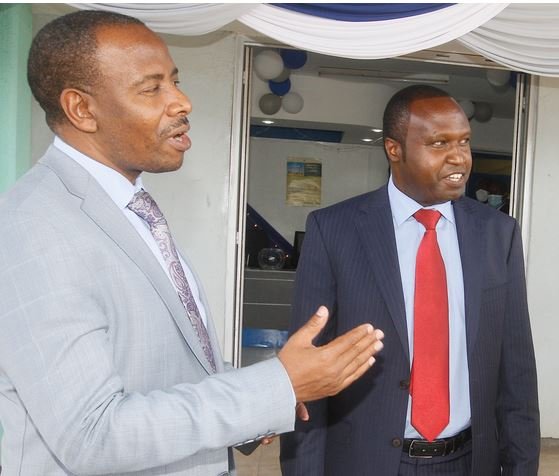Author: FREDRICK OBURA
AfricaPress-Kenya: The Kenya Bureau of Standards (KEBS) has recommended the retention of the current enforcement based national quality management structures for the next fifteen years to facilitate capacity building of voluntary options.
Through the National Standards Council (NSC), which is also the KEBS Board of Directors, the national standards body in its submission to the Taskforce on Standards and Quality Infrastructure Reforms in Kenya recommended the maintaining of existing structures; based on international benchmarks in the continent and beyond.
The National Task Force chaired by Constitutional and Governance expert Wachira Maina is expected to review and evaluate the weaknesses and shortcomings of the entire Standards and Quality Infrastructure.
Such a review will include, institutional architecture and arrangement to meet the country’s goals of managing and mitigating risks to quality, health, safety, environment, fair trade practices, and consumer protection, among others.
Speaking when he made the KEBS submission to the Taskforce, NSC Chairperson Eng Bernard Ngore and Secretary Bernard Njiraini said Kenya is at the stage of development where it still needs some government support for National Quality Infrastructure (NQI) organisations.
As currently structured and thanks to access to national operating resources, KEBS, he explained has been spearheading product certification efforts that enables products to access markets. As of the end of the second quarter of 2019/20, a total of 13,754 products (2,884 MSME and 10,870 from larger firms) had valid permits. KEBS has incubated medium-small and micro-enterprise to improve the quality of their products. In the Financial Year 2019/20 to-date, 786 MSMEs were incubated.
At such a fledgling stage, the local market the NSC said may not be ripe enough to afford fully commercialised services which would be counterproductive to the national development goals.
“It is, therefore, the recommendation of the NSC that the structure of the National Quality Infrastructure adopted by Kenya including Standardization, Conformity Assessment, and some Technical regulation be maintained for the next fifteen years,” Eng Ngore said in NSC’s submission adding that, “Within this time, a National Quality Policy will have been developed and fully implemented and the industry would have gained sufficient quality culture to support voluntary Standards, Metrology, and Conformity Assessment Systems.”






